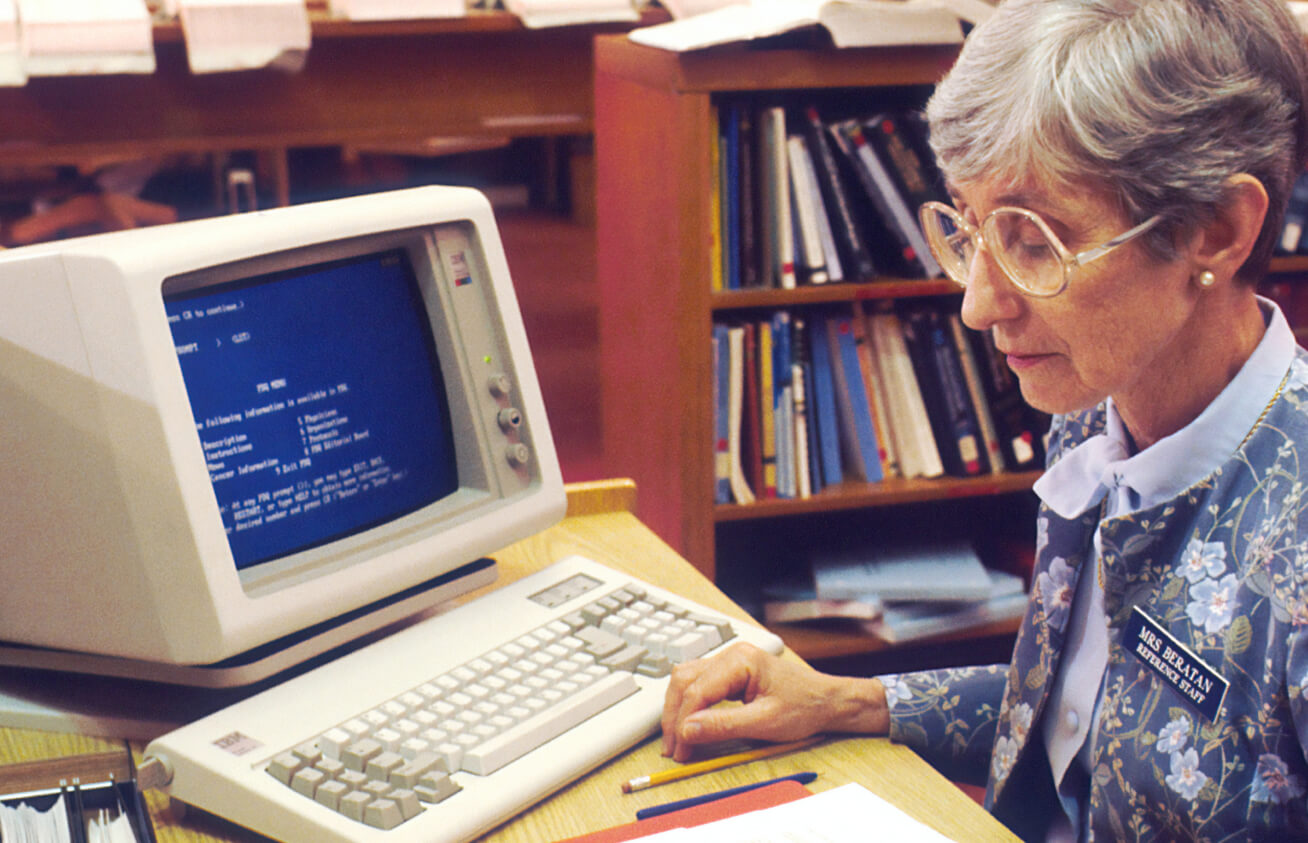The digital future: What will our world look like in the future?

The digital world we live in is changing fundamentally. With the advent of blockchain technology, Bitcoin, cryptocurrencies and decentralized applications, we are experiencing a revolution in the way data is stored, transferred and used. These changes not only bring more control over our privacy, but also promise increased security and transparency in our online activities. We show you how the internet has evolved in recent years and where it could go with emerging technologies such as blockchain, Bitcoin, Ethereum and other leading cryptocurrencies.
We are currently on the threshold of a new era in the digital world. This change could be as revolutionary as the invention of the internet or the cell phone. The pacemaker is the innovative technology of blockchain, which lays the foundations for decentralized and transparent data management. Blockchain creates new opportunities for secure transactions, digital identities and asset management that have the potential to transform numerous industries. This technology promises not only greater efficiency and security, but also a democratization of access to financial services and information.
We don't know how the digital future will develop. Innovations don't happen overnight. Even in the early days of the cell phone, many people said: "Oh, I don't need that". Technologies develop faster and faster every year. For example, the speed and capacity of computers has doubled or tripled every few years. Today, with our iPhone or other smartphones, we have a whole digital world in our pocket - with a phone, camera, Internet, games, payments and much more.
However, the progress of technology as a solution to current challenges is unstoppable. New technologies have changed our relationships and interactions with each other forever. And they will continue to do so. Let's take a look at the internet.
Web 1.0: The beginnings of the Internet

In the early days of the internet, also known as Web 1.0 (1990-2000), the internet was really nothing more than a source of information. You could read things, but you couldn't create your own content. The websites of the time were not user-friendly and were very, very slow. Despite these limitations, the introduction of the Internet was a groundbreaking development. It fundamentally changed the way we communicate and share information. This transformation was driven by brand names such as Netscape Navigator and AOL, which provided the first browsers and online services for the mass market.
Web 2.0: The era of social media

With the advent of Web 2.0 (2000-2020), interactive and user-generated content became possible. The internet became a place where people could communicate with each other and share content. Social media such as Facebook and Twitter became important platforms for sharing information and opinions. The web also became faster and more accessible. As a result, the internet spread very quickly and became a central part of our daily lives. This development was driven by tech companies such as Google or websites YouTube and Wikipedia, which set new standards for searching for information, sharing videos and creating encyclopaedias.
Web 3.0: The decentralized future of the Internet

Today, we are in the transition to Web 3.0, the decentralized Internet. Through the use of blockchain technology and other decentralized systems, the internet is becoming more secure and transparent. It also holds many opportunities for new business models and applications that can lead to a fairer and more inclusive financial system. Accordingly, we are currently in a very exciting phase and have the opportunity to shape a better digital future. Blockchain platforms such as Ethereum, Cardano and Polkadot are leading this movement, while cryptocurrencies such as Bitcoin and Ethereum are already laying the foundations for new digital economies.
Don Tapscott, renowned lecturer in management at the University of Toronto , describes the blockchain-based internet as follows: "From the internet of information to the internet of objects. Blockchain is a kind of giant globally distributed ledger in which everything of value - from money, securities and music to a vote in an election - can be secured, stored and transferred, all privately." Tapscott's visionary words illustrate the transformative power of blockchain technology and its potential impact on various aspects of human life.
The blockchain technology behind Bitcoin and new applications are constantly being developed. Of course, regulations, availability and distribution are also needed. And what will the digital future look like in 20 years' time? We cannot predict this. However, the german Future Institute dares to take a look ahead at our society:
"In 20 years, blockchain will be a cornerstone of digital society and will be used every day. Decentralization will give individuals more rights over their privacy and make them more empowered. Crypto tokens will change our understanding of ownership because they can very clearly represent ownership relationships. The prerequisite for this is, of course, a legal basis. The total assets of a person or company can be measured quickly and clearly via the blockchain. Even elections could take place via the blockchain - and thus become fraud-proof and more traceable. Democracy would be more transparent. The blockchain will simplify our lives in many areas of society."
This article does not constitute investment advice or a solicitation to buy or sell digital assets or other financial instruments or to enter into any other financial transaction. The main purpose of this article is to provide general information. No representations or warranties, express or implied, are made regarding the fairness, accuracy, completeness, or correctness of this article or the opinions contained therein. Therefore, it is advisable not to rely on the fairness, accuracy, completeness, or correctness of this article or the opinions contained herein. Some statements in this article may contain forward-looking expectations based on our current views and assumptions. These statements are subject to uncertainties and may lead to actual results, performance, or events differing from the statements made in this article.
The Cryptonow Group and its subsidiaries, as well as any advisory or representative persons, cannot be held liable in any way for this article.
It is important to note that investing in digital assets carries risks as well as potential gains.
